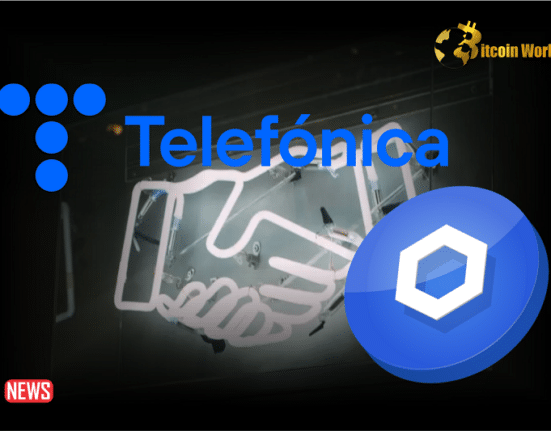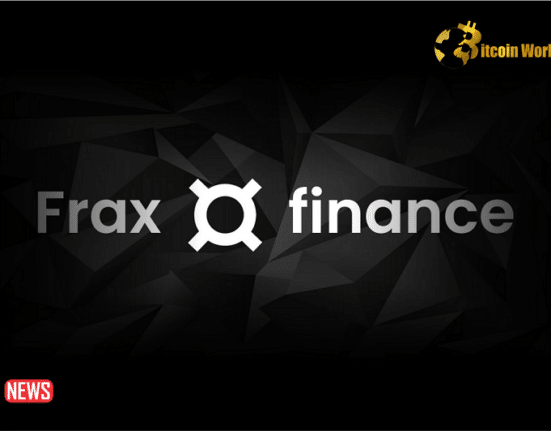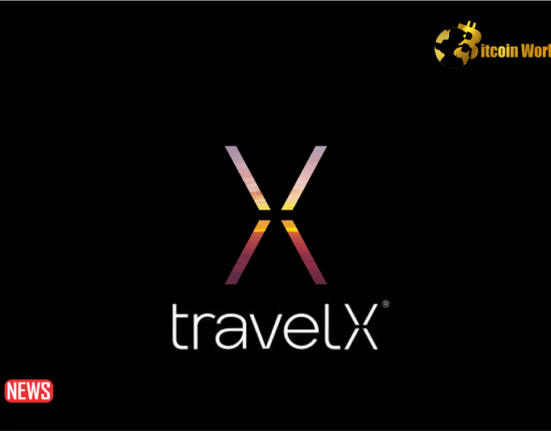Diversified Crypto Portfolio Driving SoFi’s Success
San Francisco-based banking institution SoFi has positioned itself as a trailblazer in the financial world, demonstrating its commitment to innovation through its remarkable foray into cryptocurrency. According to its recently unveiled second-quarter earnings report, the bank’s cryptocurrency holdings have skyrocketed to nearly $170 million, underscoring its strategic alignment with the digital economy.
SoFi: A Modern Bank Embracing Cryptocurrency Revolution
In a move that has caught the attention of both traditional financial circles and the digital asset community, SoFi has embraced cryptocurrencies like Bitcoin ($BTC), Ethereum ($ETH), Dogecoin ($DOGE), and Cardano ($ADA) as the cornerstones of its diversified portfolio.
Holding over $166 million in cryptocurrency assets, SoFi’s allocation strategy showcases its confidence in Bitcoin, with a substantial $82 million invested, and Ethereum, which constitutes $55 million of its holdings. The bank’s appetite for innovation doesn’t stop there—it also holds significant amounts of Cardano ($ADA), with around $4.5 million, and meme-inspired Dogecoin ($DOGE), valued at $4.9 million.
Moreover, the report reveals SoFi’s strategic bets on other cryptocurrencies, including $2.1 million in Solana ($SOL), $3.5 million in Litecoin ($LTC), and $2.9 million in Ethereum Classic ($ETC). A diverse range of digital assets contributes to the bank’s holistic approach to wealth accumulation.
SoFi’s growth narrative extends beyond numbers as it continues to onboard new clients at an impressive rate. With over half a million new clients welcomed into its fold, the institution now empowers trading for more than 22 digital currencies, substantiating its position as a significant player in the evolving financial landscape.
Notably, SoFi isn’t merely accumulating digital assets; it actively empowers its users to buy and sell cryptocurrencies. Although it abstains from offering staking services, the bank’s inclusive approach encourages users to explore the potential of the digital economy.
The journey to becoming a bank has been challenging for SoFi. Officially attaining banking status in February 2022 after obtaining a coveted banking license, the institution has shown that it can successfully marry tradition with modernity, fostering a synergistic relationship between traditional banking services and cutting-edge cryptocurrency offerings.
However, SoFi’s path has been marked by inevitable tensions. The watchful eye of regulatory bodies, exemplified by the U.S. Senate committee’s inquiries into the bank’s adherence to banking regulations, underscores the evolving nature of the cryptocurrency landscape. A deadline looming in January 2024 serves as a reminder of the imperative to navigate this space responsibly.
Against heightened scrutiny and regulatory complexities, SoFi remains resolute in its commitment to cryptocurrency innovation. The recent struggles faced by other industry players, such as leading exchanges Binance and Coinbase, have served as cautionary tales, but SoFi’s approach signifies a steadfast belief in the potential of digital assets.
SoFi’s remarkable surge in cryptocurrency holdings, coupled with its strategic positioning in the financial sector, portrays a bank that’s not just keeping pace with the digital revolution but is actively shaping it. The institution’s journey reflects an integration of tradition and innovation that could reshape the financial landscape for years.















